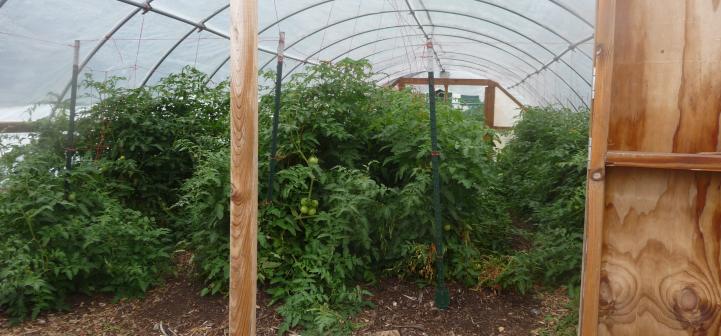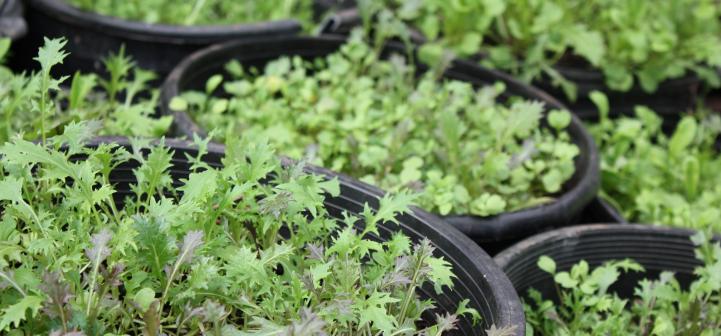By Brian Raison, Ohio State University
Abstract:
Do you work with young people, youth groups, 4-H clubs, or schools? Are you looking for ways to introduce the topics of food diversity and food justice to these audiences? A newly released project book from The Ohio State University Extension offers a place to explore not only food, food security, and food justice issues, but also the many other forms diversity takes in daily life.
Diversity in our Food: Activity chapter in




